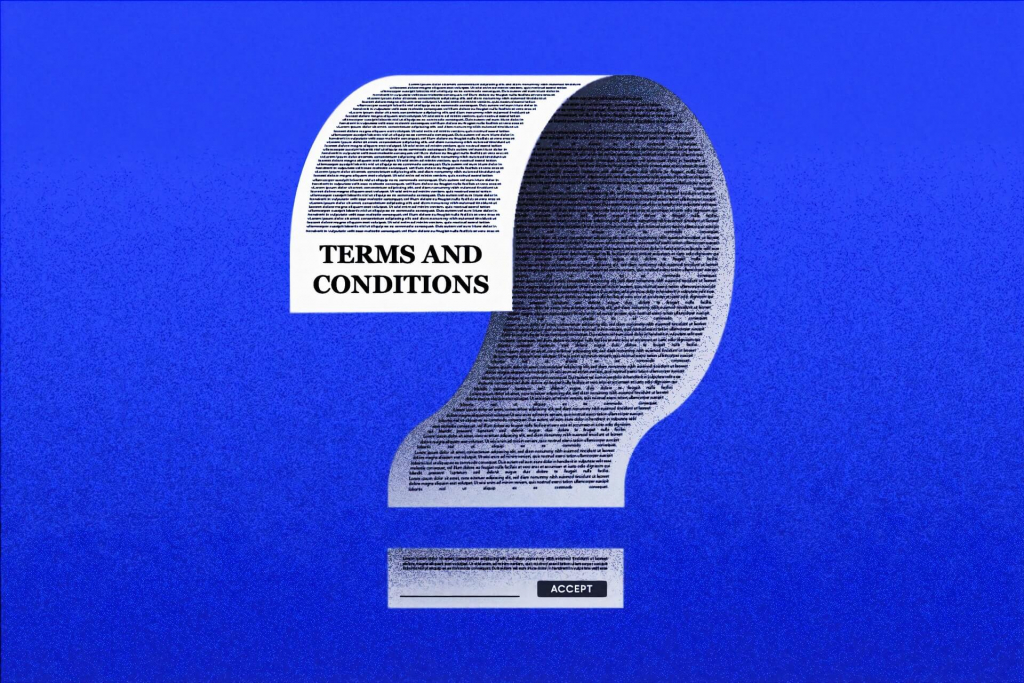Renting out a property is not as easy as it looks. Several factors have to be taken into account for it to become a successful business. One of these is the Housing Rental Laws to serve as a guide for every landlord and tenant. These laws exist to protect both parties and to regulate the policies involved.
The Housing Rental Laws help the tenants have access to a peaceful living situation. At the same time, it helps the landlord protect his legal rights and properties. There are two major federal rental housing laws. The first one is the Fair Housing Act, and the other one is the Fair Credit Reporting Act.
The Fair Housing Act protects tenants from discrimination because of religion, race, familial status, nationality, etc. On the other hand, the Fair Credit Reporting Act determines how a landlord may use a tenant’s credit history for screening purposes. The landlord will need the tenant’s permission before he can run a credit check.
We have to remember that laws may vary depending on the location of the property. All states have their rental laws that are not necessarily the same as every other state. There are laws regarding security deposits, rental rates, lease terms, and a lot more. However, there are some misconceptions about rental laws.
• Myth No. 1: Everything stated in the lease is binding.
Some landlords take advantage of lease agreements because they think everything in it is legally binding. Therefore, they will construct it in a way that benefits them more. What they fail to realize is that writing a lease agreement has to coincide with the law.
If the landlord policies go against the state laws, it is not valid. For example, the state of Virginia limits the amount for the security deposit to two month’s worth of rent — the landlord is not allowed to ask for more than that amount on the lease agreement.

• Myth No. 2: Evicting tenants can happen whenever the landlords want to.
Some landlords think that because they own the property, they can evict their tenants whenever they want. A landlord can only evict a tenant if he has a justifiable reason to do it. No landlord can evict a tenant just because of mere dislike.
Evicting a tenant also means having a valid reason and going through the court process. It is not simply telling them to leave. The renter can also appeal to the court if he thinks there is an unjust reason for eviction.
• Myth No. 3: The landlord can enter the property whenever he pleases.
Technically, the property belongs to the landlord. They may have access to it if needed. However, it does not mean that they can enter the property whenever they want.
The landlord has to respect the tenant’s right to privacy, and must only enter the property with prior notice and if necessary. For example, the landlord wants to conduct his quarterly inspection. He must inform the tenant in advance and get their permission. He is allowed to enter without prior notification in cases of emergency.

• Myth No. 4: Repairs are not the tenant’s responsibility.
The landlord is responsible for repairs in the property, but the tenants are too. Repairs brought upon by the usual wear and tear, disasters, or robberies are the responsibilities of the landlord. For damages caused by the tenant’s reckless actions, they have to take responsibility for them.
• Myth No. 5: The tenant’s abandoned personal items automatically belong to the landlord.
Sometimes the tenants leave some of their belongings after moving out. When this happens, it is not a finders-keepers situation where the landlord automatically owns them. He must try to contact the owners and inform them about the abandoned items. The landlord should let them know where they can claim the items and the time frame of when they can claim them.
The former tenants will have the chance to collect their belongings. If they fail to do so in the given time frame, then the landlord may dispose of the items if he pleases.

These are only a few of the myths regarding rental laws. You must know what they are so you can enlighten landlords and tenants. Clearing things up will avoid conflicts and disagreements.
You can discuss these myths and misconceptions with your customers soon. First, you have to look for them, but that won’t be a problem. Once you sign up for Padleads, you can post property listings that can be viewed by numerous renters. You can even syndicate those listings to other websites to reach more people.